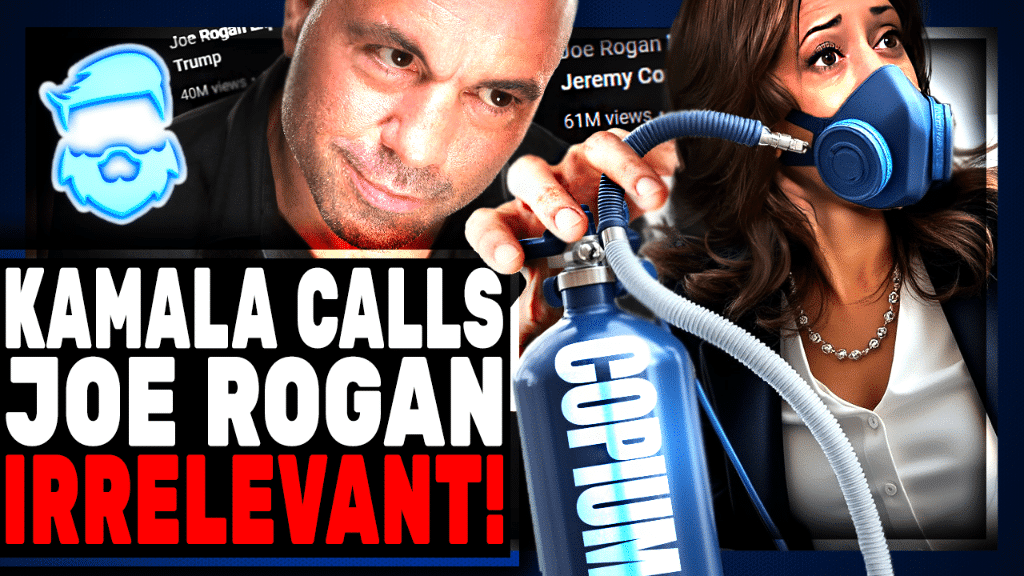In the moments before Elon Musk bought Twitter, the company’s Slack channels were lit up with nervous anticipation. It had been days since Twitter leadership had shared anything with them, and after a weekend’s worth of reports that a sale was imminent, employees were looking for answers.
For the first few hours of the morning, none came. Work all but came to a halt, employees told me. Like a classroom where the teacher is late and students are attempting to self-govern, one said. A “hellhole,” said another. One thread, in which an employee asked good-naturedly whether anyone was excited about the prospect of working for Musk, drew dozens of responses, many of them quite ugly.
Then, just before the markets closed, the news arrived: the board had accepted Musk’s offer to take the company private for $44 billion, or $54.20 a share. What began three weeks ago as a “passive investment” will end with Musk in charge.
After the announcement, sentiment in the public Slack channels remained largely concerned and negative, employees told me. “I was kind of surprised how much people seemed like they were giving up,” one told me. “Big bummer.”
But in one-on-one discussions, responses were more tempered. Some employees I’ve spoken with are open to the idea that a private Twitter run by Musk stands a better chance of improving the service than would a public company beholden to its shareholders. They like the fact that he wants to eliminate harmful bots and bring more clarity to how recommendation algorithms work.
At the same time, many Twitter employees receive half or more of their compensation in stock. At an all-hands meeting on Monday afternoon, they were told that employees will not receive equity once the company goes private. As a result, one person told me, “group chats are scrambling to see if working at Twitter makes economic sense first and foremost.”

















